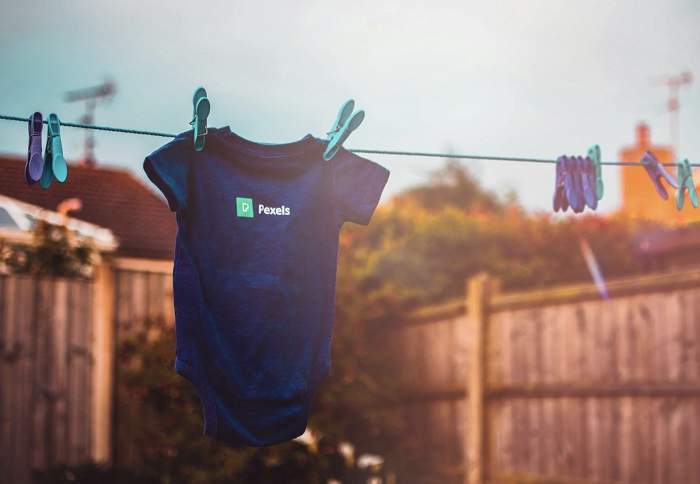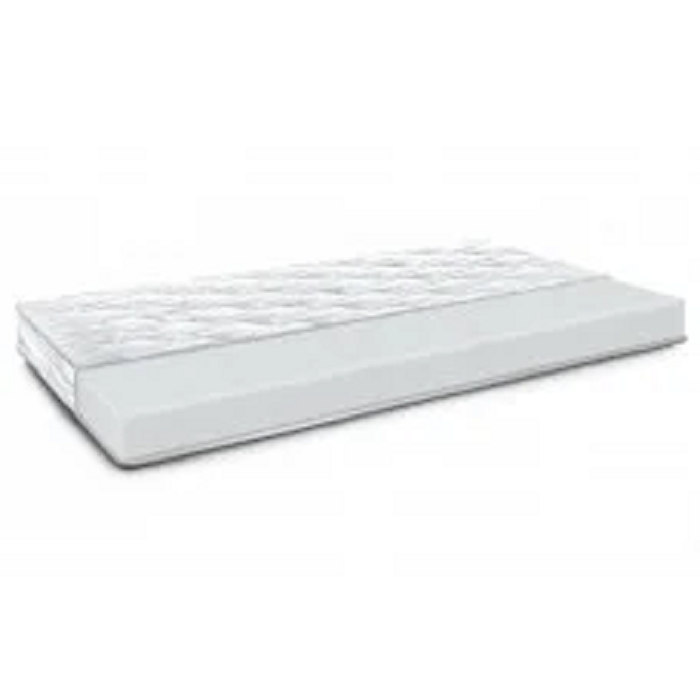Ever wonder why your t-shirts lose their shape? Or why your sweaters stretch out? It’s probably not your detergent—it’s how you store your clothes. Folding vs hanging isn’t just personal preference. Each fabric and item has a right way to be stored. Mess it up, and you’re shortening the life of your wardrobe without realizing it.
The General Rule: Structure vs Flexibility
The rule is simple:
- Fold anything that can stretch, crease, or lose shape when hung
- Hang anything that needs to stay wrinkle-free or hold structure
Get that wrong, and you’ll deal with stretched-out necklines, hanger bumps, and permanently creased fabrics.
Clothes You Should Always Hang
Let’s start with the items that should be hung:
- Dress shirts: Avoid wrinkles and maintain collar structure
- Blouses: Especially silk or rayon—creases ruin them
- Suits and blazers: Keeps shoulder shape intact
- Dresses: Especially long or flowy ones that wrinkle easily
- Jackets and coats: Too bulky to fold, lose shape if stacked
- Trousers and slacks: Hang from the waistband or crease to preserve form
Use the right hangers—wide wooden ones for suits, padded ones for delicate tops. Wire hangers are trash. Throw them out.
Clothes You Should Always Fold
Some items hate hangers. They sag, stretch, or end up with weird bumps. Fold these instead:
- Sweaters and knits: Hanging stretches them out—fold to keep their shape
- T-shirts: Hanging stretches the collar
- Activewear: Lightweight and stretchy—fold it neatly to keep elasticity
- Casual denim: Jeans don’t wrinkle much and stack easily
- Shorts: No need to hang unless formal
If your folded stacks always fall apart, use drawer dividers or shelf bins to keep things tidy.
Hybrid Items: It Depends
Some clothes could go either way, depending on space and material.
- Skirts: Hang if pleated or structured; fold if stretchy
- Blazers (lightweight): Hang if you have the room
- Pants: Hang if they’re dress pants; fold if denim or casual
- Loungewear: Fold unless it wrinkles easily
When in doubt, fold. It’s the safer choice for most everyday fabrics.
The Dreaded Hanger Bumps
Ever seen that awful shoulder point from hangers? It happens when you hang stretchy tops or sweaters on thin hangers. To avoid:
- Use padded or shaped hangers
- Don’t hang anything with a loose knit
- Fold items made with rayon, modal, or bamboo fabrics
- Avoid metal hangers completely
Better yet—if it’s lightweight and stretchy, don’t hang it. Period.
How You Fold Matters Too
If your clothes are wrinkled or creased after folding, it’s probably not the clothes—it’s you.
- T-shirts: Fold along vertical lines, not horizontal
- Sweaters: Fold with arms tucked in, avoid sharp creases
- Jeans: Fold in thirds to avoid lines down the leg
- Bras: Stack cups inside each other—don’t flip one inside out
- Underwear: Fold or roll—just don’t ball them up
Consistency keeps your drawers neater and clothes fresher.
Stacking Tips to Keep Clothes Fresh
Don’t overload drawers or shelves. Too much weight flattens the bottom layers and traps moisture. Space out stacks or rotate them often. Smell something musty in your drawers? That’s trapped air and fabric not breathing.
Toss in cedar blocks or baking soda pouches to keep drawers smelling clean.
Closet Space Is Not an Excuse
Short on hanging space? Prioritize high-maintenance items: shirts, dresses, and trousers. Fold the rest. Use tiered hangers or cascading hooks to expand space without crowding. Still short? Vacuum bags for off-season clothes free up room instantly.
Let’s Talk Delicates
Delicates like lace, silk, or chiffon need special care. Never hang them by the straps—fabric will stretch and snap. Either fold them or use padded hangers with clips for support. Keep them in separate drawers or bins to avoid snags.
Don’t Leave Clothes in the Basket
This one’s obvious, but it still happens. Leaving clean clothes in the laundry basket causes:
- Wrinkles
- Creasing
- Mildew (if damp)
- Fabric breakdown from compression
Fold or hang your clothes within an hour of drying. If you’re really short on time, at least drape them over something until you can put them away properly.
Clothes Storage = Clothes Lifespan
How you store clothes matters just as much as how you wash them. You can buy high-end brands and still ruin them with bad habits. Proper folding and hanging prevent premature fading, stretching, and wear. It also makes your wardrobe easier to navigate.
Want It All Done Right?
If you’re constantly dealing with wrinkled shirts or misshaped sweaters because of how they’re dried or stored, skip the DIY. The best laundry in London doesn’t just wash your clothes—they fold and hang them properly, so they’re ready to wear right out of the bag.
Final Word: Respect the Fabric
There’s no magic trick. Just respect the garment. Read the label, understand the material, and store accordingly. Fold what should be folded. Hang what needs to hold its shape. Your clothes will last longer, look better, and feel like they’re worth what you paid.










Leave a Reply